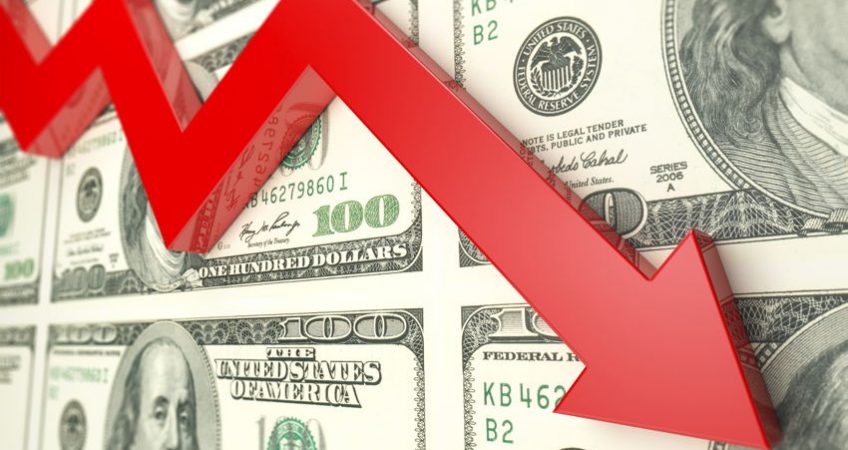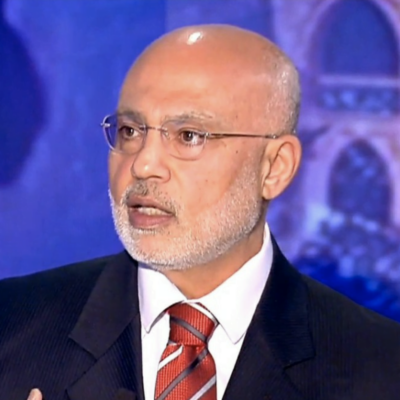
There has been speculation lately that the U.S. dollar is in major decline. A long-term trend has been toward currency diversification in global financial transactions and trade. Despite that, the US Dollar shall remain the currency of choice of economic agents, particularly Central Bankers.
By Mohammad Ibrahim Fheili
Theories of currency choice can be classified based on the three conventional uses of money. Medium-of-Exchange theories emphasise that a currency is adopted if it guarantees the lowest transaction costs or maximises room for a mutually beneficial exchange.
These theories stress country size as a fundamental force, the likelihood of multiple coordination equilibria and other macroeconomic factors that make it too costly to use currencies of developing countries, which explains the existence of only a small subset of global currencies.
Store-of-Value theories link currency choice in exports with the firm’s financing currency as part of a combined risk-management decision. In comparison, Unit-of-Account theories postulate that a price is set in a given currency and is not adjusted in the short run, thus forming the basis for open economy analysis.
There are about 180 currencies worldwide, but a few dominant currencies play an outsized role in international trade, finance, and central bank foreign exchange reserves. For years, the US Dollar has had a dominant global presence, followed to a lesser extent by the Euro and a handful of others.
The importance of currencies is never more evident than in global trade, where exchange rates are often at the centre of fierce economic and political debates. Indeed, using currencies in international trade is vital for international shock transmission and optimal monetary and exchange rate policy design in an open economy.
The International Monetary Fund (IMF) publishes reports about Central Bankers' appetite for holding foreign currency reserves which market observers and economists often use to praise one currency and write the eulogy of another. However, that's different from the IMF's intention behind disclosing these figures.
According to IMF data, the share of the US dollar in foreign exchange reserves decreased from 65.4% to 58.4% between 2016 and 2022. On the other hand, the percentage of the Chinese Renminbi, the Japanese Yen, the British Pound and the European Euro rose.
This does not necessarily indicate a weakening dollar on the foreign currency reserves landscape. So many events shaped the world between 2016 and 2022? Let’s check some which might have had some influence on the choice of currency:
These developments, which emerged in recent years, transformed the foreign currency reserves at central banks from a simple Balance of Payment Account to a foreign policy tool. Some Countries view the dominance of the U.S. dollar as a threat to their sovereignty their independence and want to reduce the influence of the U.S. on their economy.
The U.S. monetary policy can have significant impacts on the global financial system. The concentration of the global financial system on the U.S. dollar can also create instability. On the other hand, the U.S. has a large national debt, and there are concerns about the ability to pay its debts in the long term. That is, countries that hold significant amounts of dollars in their foreign reserves are exposed to currency risk, which can be costly and difficult to manage.
While the US dollar accounts for a disproportionate share of international trade, there is a small subset of currencies that are actively used in this trade alongside the dollar, most notably the euro, but to a lesser extent, the pound, the Japanese yen, the Swiss franc, and the Chinese yuan.
In some bilateral trade flows, these currencies play as important a role as the dollar, with considerable variation in currency use across individual firms, even within narrowly defined industries. International trade has been changing more in line with “fragmented globalisation” instead of all-out globalisation, which forces a redirection of trade to support regional over global trade, and questions about the true independence of central banks from political contaminations are becoming increasingly legitimate.
These changes, among others, will most likely influence currency choice by economic agents and central bankers. I still bet on the US Dollar and “In God We Trust”.






China
is ALREADY using a yuan with
demurrage (holding charges).
I’ll bet on
The US Dollar with
demurrage (holding charges).
Plan B:
Trump Money with
demurrage (holding charges).
When are you going to start talking about it?
When it is done correctly,
(meaning that the paper money
is not left out of the picture or deleted)
does NOT make a currency weak,
it makes it strong,
and MUCH more reliable.
💜 Angel NicGillicuddy